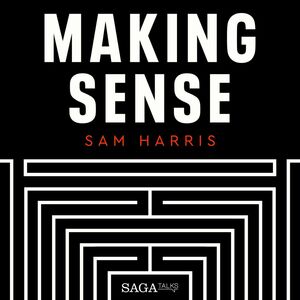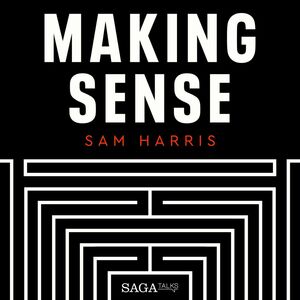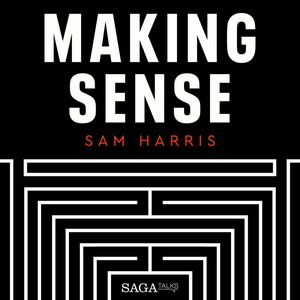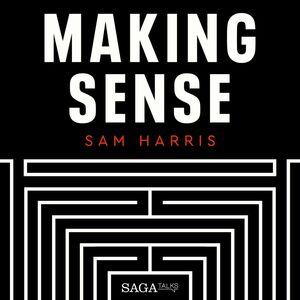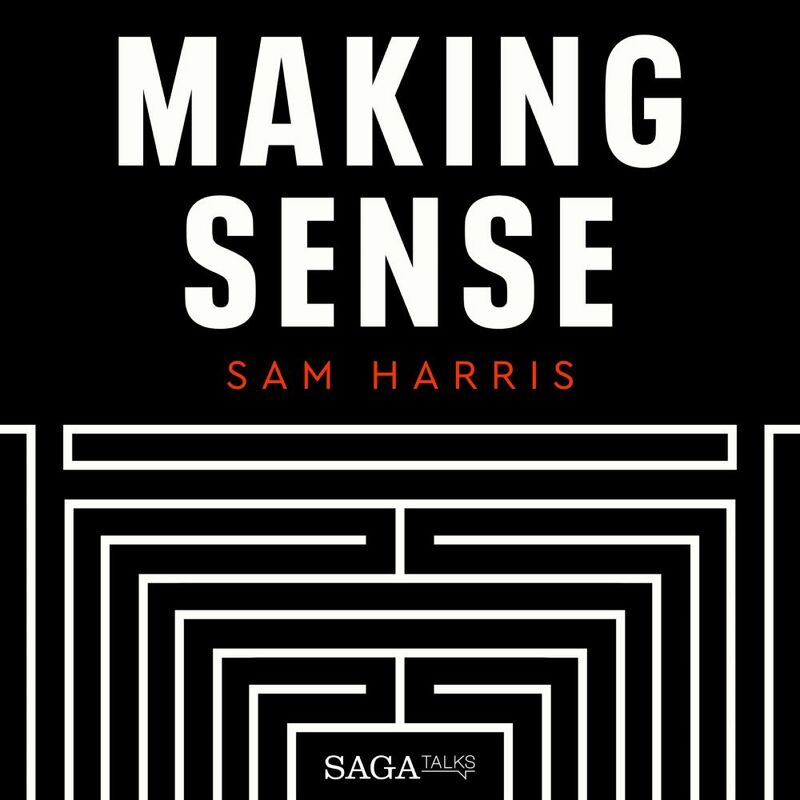

In this episode of the Making Sense podcast, Sam Harris speaks with Jonathan Haidt about his new book The Coddling of the American Mind. They discuss the hostility to free speech that has grown more common among young adults, recent moral panics on campus, the role of intentions in ethical life, the economy of prestige in "call out" culture, how we should define bigotry, systemic racism, the paradox of progress, and other topics.
Jonathan Haidt is the Thomas Cooley Professor of Ethical Leadership at New York University’s Stern School of Business. He received his Ph.D. in social psychology from the University of Pennsylvania in 1992 and then did post-doctoral research at the University of Chicago and in Orissa, India. He taught at the University of Virginia for 16 years before moving to NYU-Stern in 2011. He was named one of the "top global thinkers" by Foreign Policy magazine, and one of the "top world thinkers" by Prospect magazine. He is the co-developer of Moral Foundations theory, and of the research site YourMorals.org. He is a co-founder of HeterodoxAcademy.org, which advocates for viewpoint diversity in higher education. He is the author of The Happiness Hypothesis: Finding Modern Truth in Ancient Wisdom and The Righteous Mind: Why Good People are Divided by Politics and Religion. His latest book (with Greg Lukianoff) is The Coddling of the American Mind: How good intentions and bad ideas are setting a generation up for failure.
Join neuroscientist, philosopher, and best-selling author Sam Harris as he explores important and controversial questions about the human mind, society, and current events.
Sam Harris is the author of five New York Times bestsellers. His books include The End of Faith, Letter to a Christian Nation, The Moral Landscape, Free Will, Lying, Waking Up, and Islam and the Future of Tolerance (with Maajid Nawaz). The End of Faith won the 2005 PEN Award for Nonfiction. His writing and public lectures cover a wide range of topics—neuroscience, moral philosophy, religion, meditation practice, human violence, rationality—but generally focus on how a growing understanding of ourselves and the world is changing our sense of how we should live.
Harris's work has been published in more than 20 languages and has been discussed in The New York Times, Time, Scientific American, Nature, Newsweek, Rolling Stone, and many other journals. He has written for The New York Times, The Los Angeles Times, The Economist, The Times (London), The Boston Globe, The Atlantic, The Annals of Neurology, and elsewhere.
Sam Harris received a degree in philosophy from Stanford University and a Ph.D. in neuroscience from UCLA.Book details
-
Publisher
-
Language
English -
Publication date
-
Read by
-
Theme
-
Series


